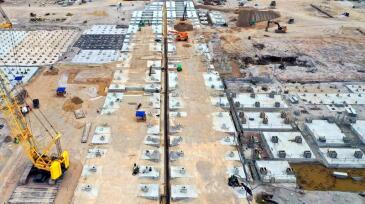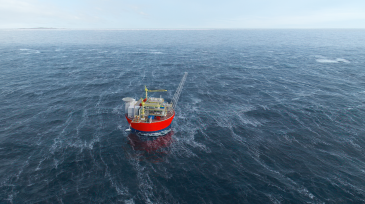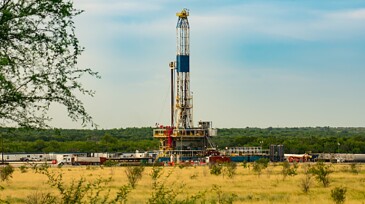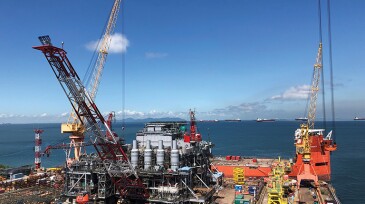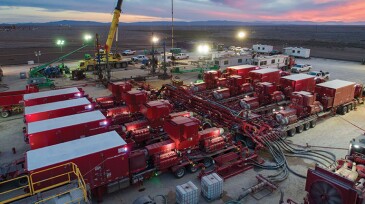Business/economics
The cloud platform provider said the initiative is designed to help energy companies manage and analyze large-scale operational data.
The deal positions the merged company to benefit from an expected offshore drilling upcycle.
Suspended by force majeure since the spring of 2021, work on the Mozambique LNG project has restarted with over 4,000 workers now engaged onshore and offshore to meet a 2029 deadline for first LNG.
-
The collaboration seeks to jointly develop onshore LNG modules with capacities between 1 and 2 mtpa.
-
The Permian Basin operator said the purchase ‘checks all the boxes’ it looks for in an acquisition.
-
QatarEnergy and ExxonMobil are optimizing global marketing of US LNG ahead of the Golden Pass LNG export terminal startup.
-
The Norwegian operator cites inflation and uncertainty surrounding supplier markets as factors in the decision.
-
BP and Equinor win four deepwater exploration blocks in the C-NLOPB’s call for bids.
-
The deal upon closing at year-end would expand Marathon’s position in the south Texas shale play by 130,000 net acres.
-
The acquisition plan supplants earlier merger agreement with new terms and a potential faster timeline for the combination.
-
A leaner and wiser Weatherford seeks new Middle East contracts while growing margins and market share on existing business.
-
The world's two largest oilfield service outfits are riding a wave a renewed upstream spending while Baker Hughes posted its second straight quarterly loss.
-
In following some of the upstream industry's other big firms, the legacy oilfield service company believes the time for a change has come.






